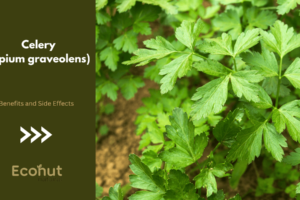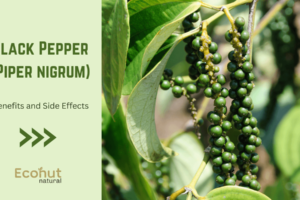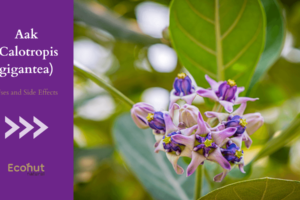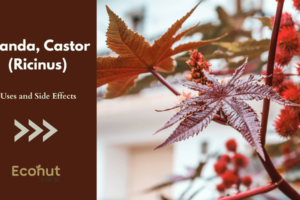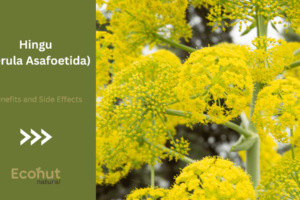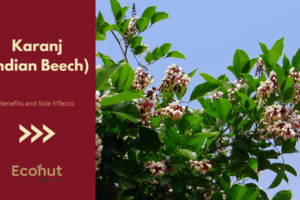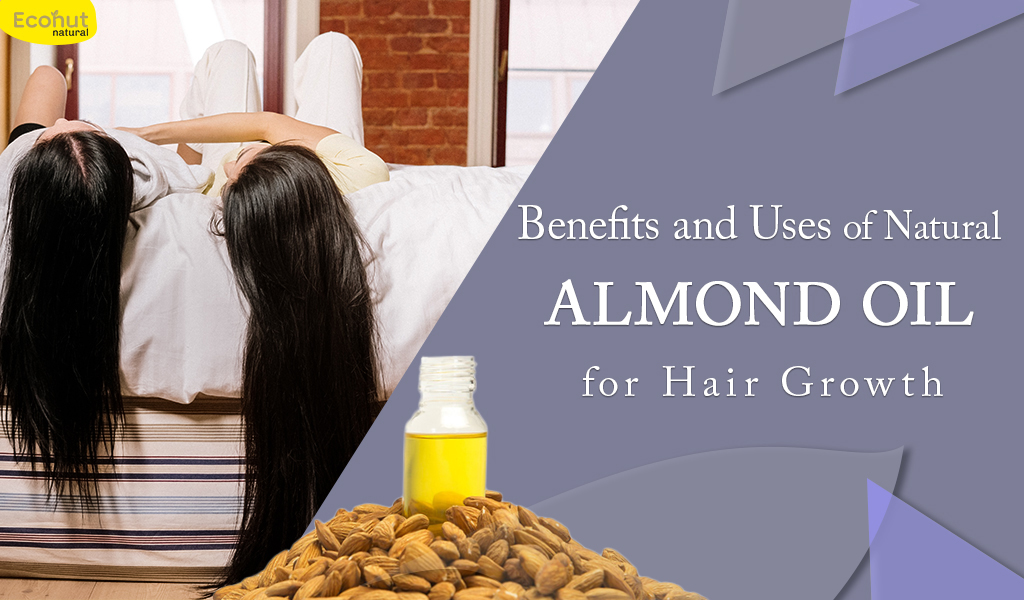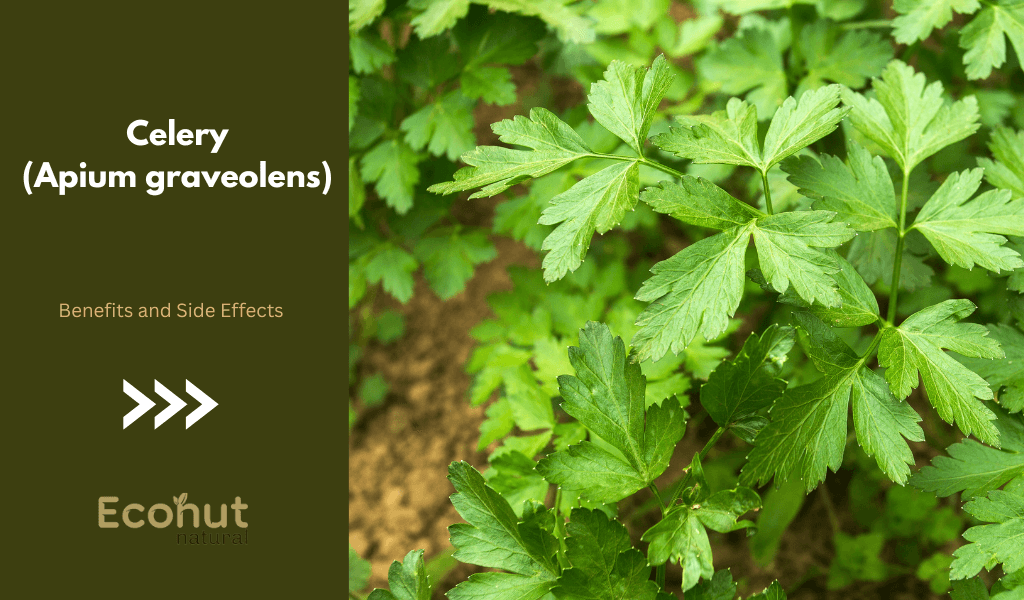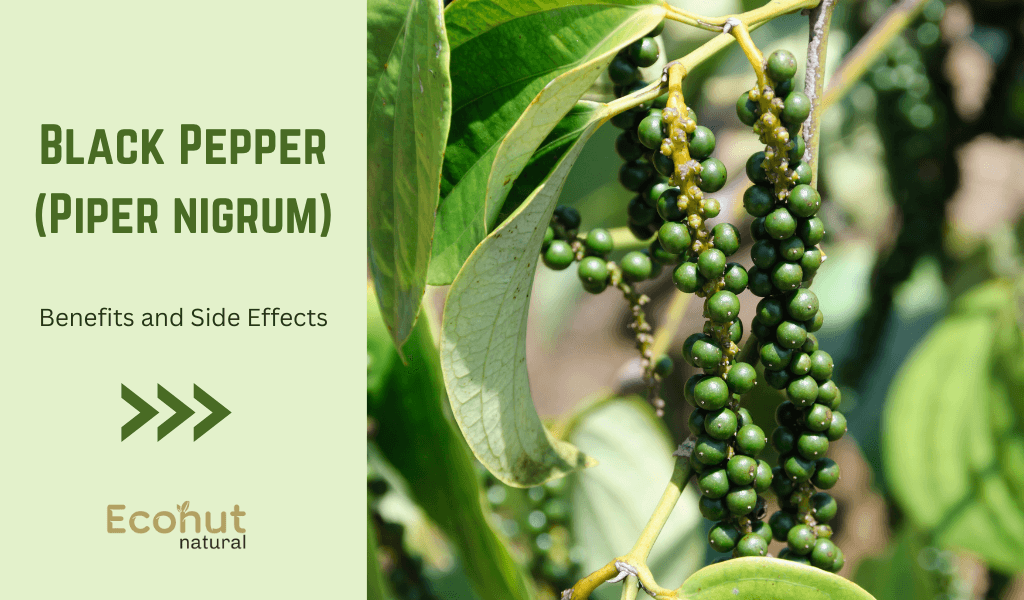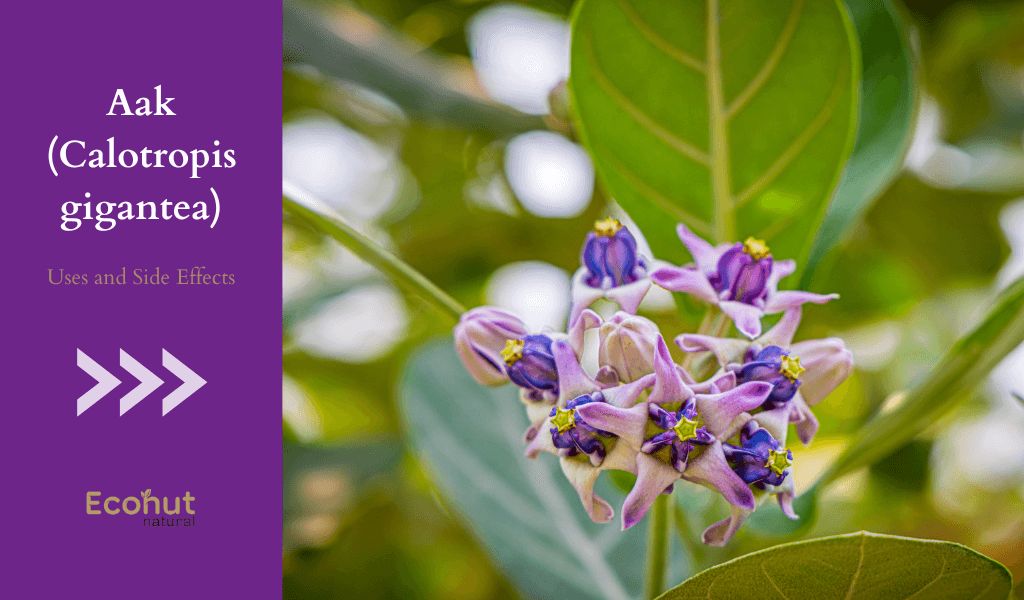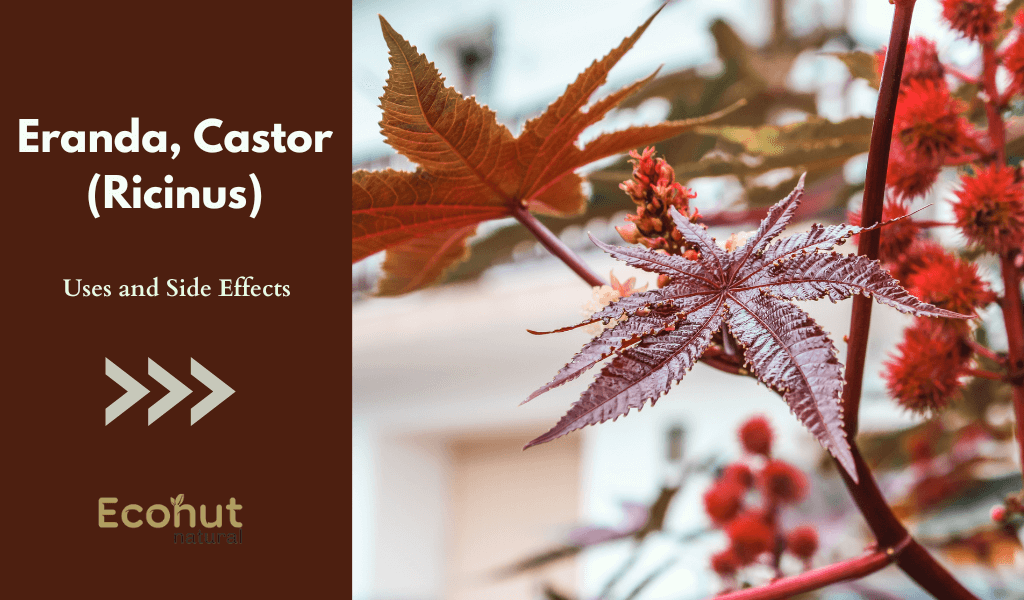Almond Oil has a number of potential benefits for hair. It is a rich source of vitamins, antioxidants, and other compounds found in almonds that are vital for skin health.
Almond oil comes in two varieties: bitter almond oil and sweet almond oil. Each type has unique qualities and applications. Natural almond oil is well-known for its potential hair growth and health advantages.
Benefits of Almond Oil for Hair
Here are some of the most important benefits and applications of almond oil for hair growth:
Rich in Nutrients:
Almond oil is high in critical elements such as vitamins (E, A, and D), minerals, fatty acids, and proteins. These nutrients nourish hair follicles, encouraging healthy hair development.
Scalp Health:
Its antimicrobial Lavenders also has antimicrobial properties, as noted in this 2014 review. It implies that it inhibits the growth of bacteria and fungi. When applied to the hair or scalp, this may prevent common hair or scalp issues. In particular, it may prevent itchy scalps, dandruff, and even infections.
Seal in Moisture:
It stimulates blood circulation and reactivates dormant hair follicles. The deep moisturizing properties of sweet oil help in giving you strong and healthy hair. It strengthens hair health by delivering protein and omega fatty acids to the cuticles. Oil has emollient properties that help seal moisture into the hair shaft. Dyes keep hair from drying out and breaking, resulting in longer, healthier hair.
Strengthening Hair:
It also strengthens hair follicles and encourages hair growth when applied topically. Regularly applying lavender oil improves hair texture by conditioning the hair follicles, reducing frizz, and making the hair fall under control. This fragrant oil also helps avert hair loss by treating dandruff and reducing pattern baldness.
Reducing Split Ends:
This oil can aid in moisture retention, resulting in less frizz and split ends. It has been widely used for managing dull and damaged hair, where it can close up your cuticle layer. Massaging lavender oil on your scalp can also boost blood circulation, which increases nutrient flow to your hair follicles.
Improving Hair Texture:
Almond oil is an emollient. It contains essential fatty acids that can help moisturize the scalp and strands, leading to healthy smooth hair that has a soft texture. When used regularly, penetrates at the cellular level to help soften hair at the roots and calm frizzy textures.
Stimulating Hair Follicles:
Applying oil to the scalp and hair stimulates blood flow to the roots, promoting hair growth and strengthening. If it also contains biotin, it will stimulate the production of keratin, in addition to thickening and regrowing hair and reactivating dormant follicles.
Natural Shine:
It gives you a natural glow. A drop or two of lavender oil in your favourite lotion or face cream before bed can offer your skin an antioxidant boost while also adding a touch of relaxing aromatherapy to your evening routine.
Reducing Dandruff:
Almond oil is antibacterial; it is excellent for scalp treatment. It is especially beneficial for people suffering from dandruff. The reason is that it helps balance the fungus and yeast that cause dandruff and creates a healthy environment for hair growth.
Suitable for All Hair Types:
Almond oil is thought to be suitable for all hair types, including curly, straight, and wavy hair. It’s light and readily absorbed, so it won’t clog your hair.
Uses of Almond Oil for Hair Growth
Scalp Massage:
Warm the almond oil and massage it into your scalp for 5–10 minutes. Allow it to remain for 30 minutes to an hour before shampooing your hair.
Pre-Shampoo Treatment:
As a pre-treatment, apply almond oil to your hair before shampooing. These protect your hair from the harshness of shampoos while still retaining moisture.
Hair Mask:
To make a nourishing hair mask, combine almond oil with helpful nutrients such as egg yolks, yogurt, or honey. Apply to your hair and wait for 30 minutes before washing
Leave-In Conditioner:
Apply a small quantity of oil to the ends of your hair after washing it to help detangle, prevent split ends, and add shine. When using natural remedies, keep in mind that individual results may vary and that consistency is crucial. It’s advisable to do a patch test before using oil extensively, to ensure you don’t have any allergic reactions or sensitivities. If you have any underlying scalp conditions, it’s also a good idea to consult a dermatologist before making significant changes to your hair care routine.
Side Effects of Almond Oil for Hair
Because of its potential benefits for hydrating, increasing hair health, and minimizing scalp concerns, oil is a popular choice for hair care. However, there are a few things to keep in mind when using oil on your hair:
Allergic Reactions:
When applied to the scalp and hair, some people may be allergic to oil, just as they are to skin. Before applying oil to your entire scalp, always perform a patch test to check for any unwanted effects.
Oily Hair:
If you use too much oil, it may make your hair look greasy. It’s critical to use oil sparingly, especially if you have sensitive or easily oily hair.
Clogged Pores:
Applying too much to the scalp can clog hair follicles and pores. This can lead to conditions like dandruff or scalp acne. If you have these problems, it is advisable to apply the oil on the hair strands instead of the scalp.
Weight and Volume:
If you have fine or thin hair, using almond oil on it may cause it to gain weight and lose volume. If volume is important, use oil as a pre-shampoo treatment and completely rinse it out.
Staining:
The modest yellow tint of almond oil may stain light-coloured materials such as pillows or towels. If you’re putting oil on your hair overnight, wrap it with a towel or use a darker-coloured pillowcase.
Residue Build-Up:
If you don’t thoroughly rinse away the oil, it can cause residue build-up on the scalp and hair. Use a gentle shampoo and thoroughly rinse your hair to avoid this.
Choice of Almond Oil:
Zweig’s oil is available in two flavours: sweet almond oil and bitter almond oil. Sweet almond oil is frequently used in skin and hair care products. Bitter almond oil includes cyanide-releasing amygdalin, making it unsuitable for topical usage.
Combination with Essential Oils:
Some individuals use almond oil with essential oils to gain additional advantages. While this might be beneficial, essential oils are highly concentrated and can cause irritation if not appropriately diluted. Before applying any concoction to your hair, always investigate the right dilution ratios and perform a patch test. Remember that everyone’s reactions are different, so pay attention to how your hair and scalp react when using oil. If you notice any negative effects, stop using it and consult a dermatologist or a hair-care professional.
Conclusion
Almond oil has been scientifically demonstrated to be fantastic natural oil with numerous benefits for your hair. It can be difficult to choose which of the several hair-friendly oils on the market is ideal for you. Nonetheless, almond oil’s rich vitamin and mineral content makes it an excellent conditioner that improves the overall health and attractiveness of your hair. Including almond oil in your hair care routine will help you achieve healthy, glossy, and lustrous locks, whether you have dry, damaged, or dull hair. So go ahead and try putting almond oil on your hair to reap all of its benefits.

